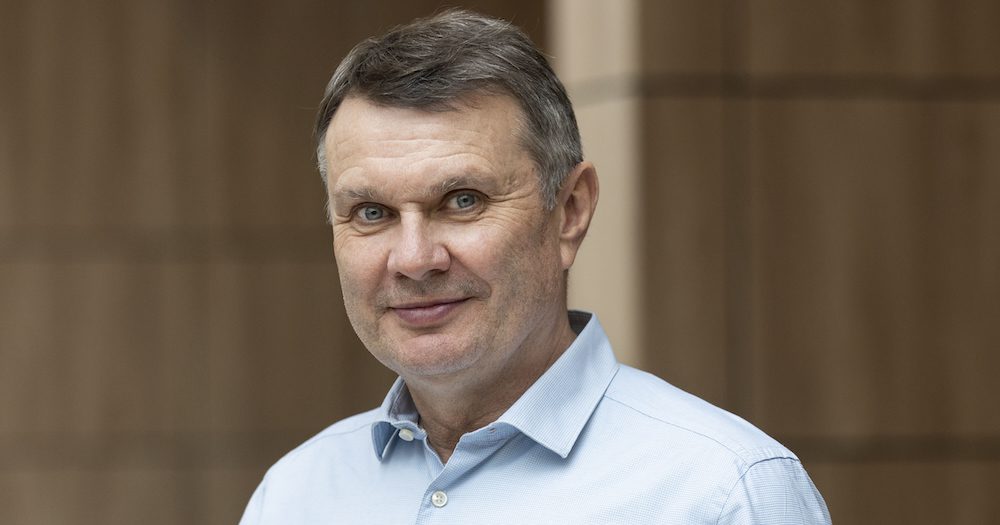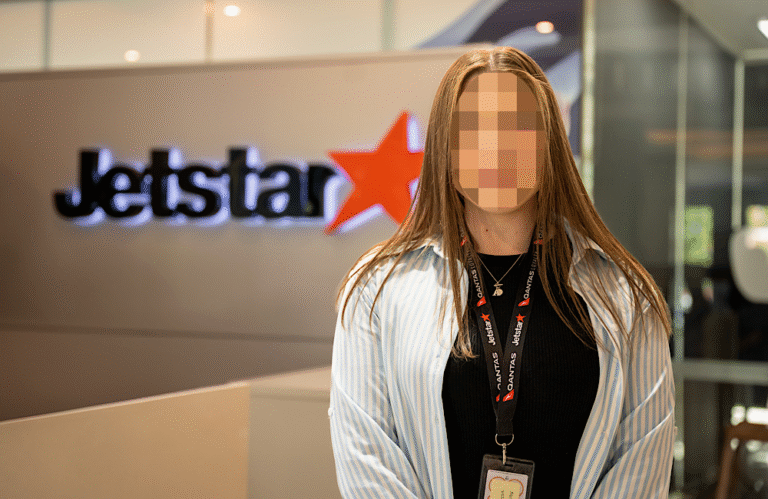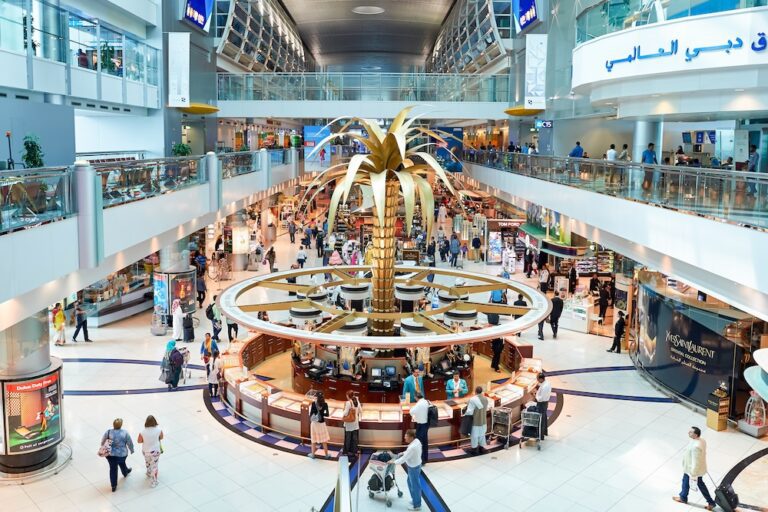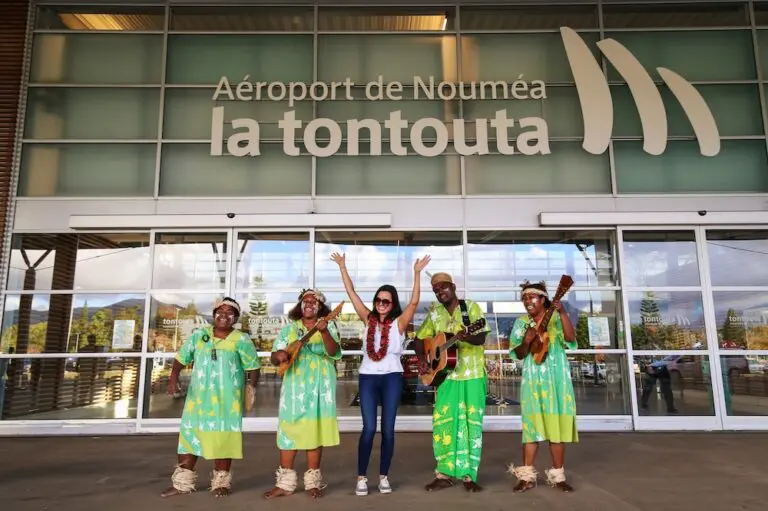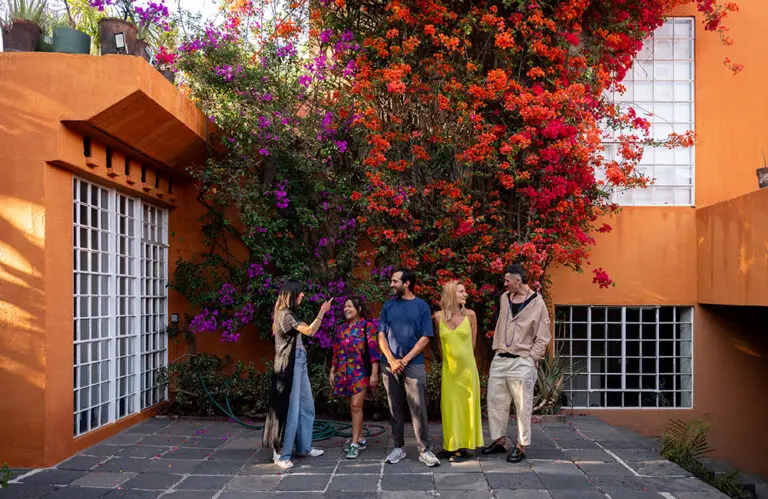On Visit Berlin’s first trip to Australia since 2018, we sit down for an exclusive chat with CEO Burkhard Kieker to talk humour, history, football and even a Currywurst Museum.
“In Berlin, it’s more important that you can tell a good joke than you can drive a Porsche.”
Visit Berlin CEO Burkhard Kieker’s take on Berlin offers an important insight into life in the city. It’s an ironic one too, given Germany’s world-leading car production and Germans’ oft-mocked sense of humour.
A magnet for free spirits, Berlin is just different from the rest of the country, he proposes.
“Germans say this is not a German city.”
“I would say it has a relaxing impact on the rest of Germany,” Kieker tells Karryon in an exclusive interview on a recent visit to Sydney, the first by the organisation in five years.
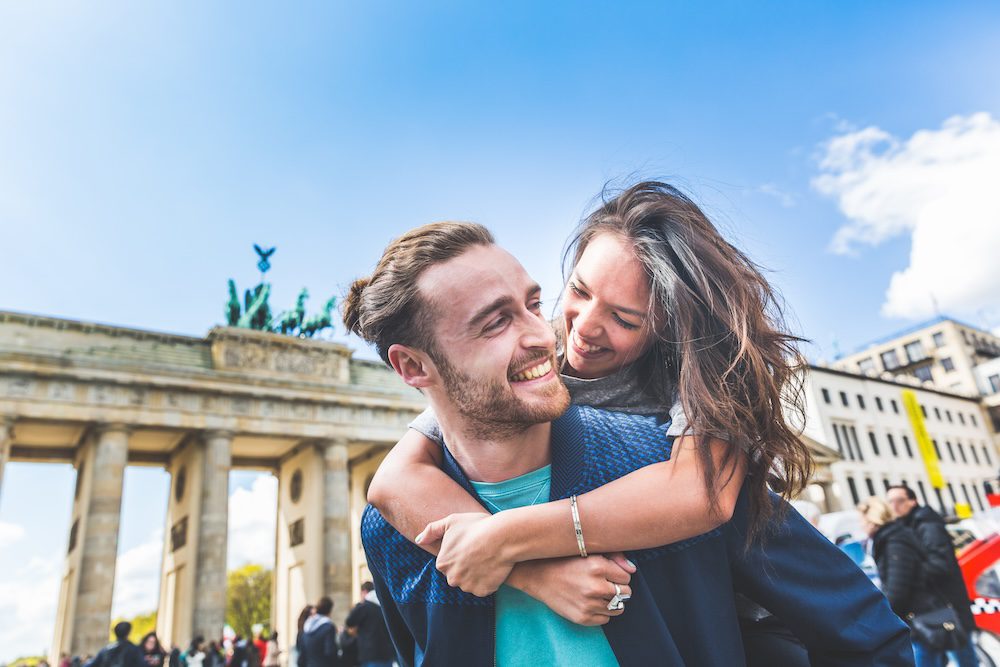
It’s a way of life that has lured artists to Berlin for decades. And travellers should feel similarly drawn to the city, Burkhard says.
“If you’re a nice guy or girl, and can tell good jokes, you’re welcome [in Berlin].”
“If you feel like dressing up like a zebra and riding the subway the whole day, do it. Nobody will care. So Berlin developed as a city of freedom.”
Kieker talks a lot about the German capital’s philosophy around three ‘Ts’: technology, talent and tolerance.
I suggest the city add another T, for tourism. Because the city loves its visitors.
“Tourists are not tourists; we want to treat them as short-term citizens,” Burkhard says.
“Many cities have the habit of saying, tourists come in, give us your money and please don’t bother me.”
“But Berlin is very allowing [of visitors] to dive in and to be part of it. And for more than 20 years this was our tagline: ‘Berlin. Be part of it’.”
A city of contrasts
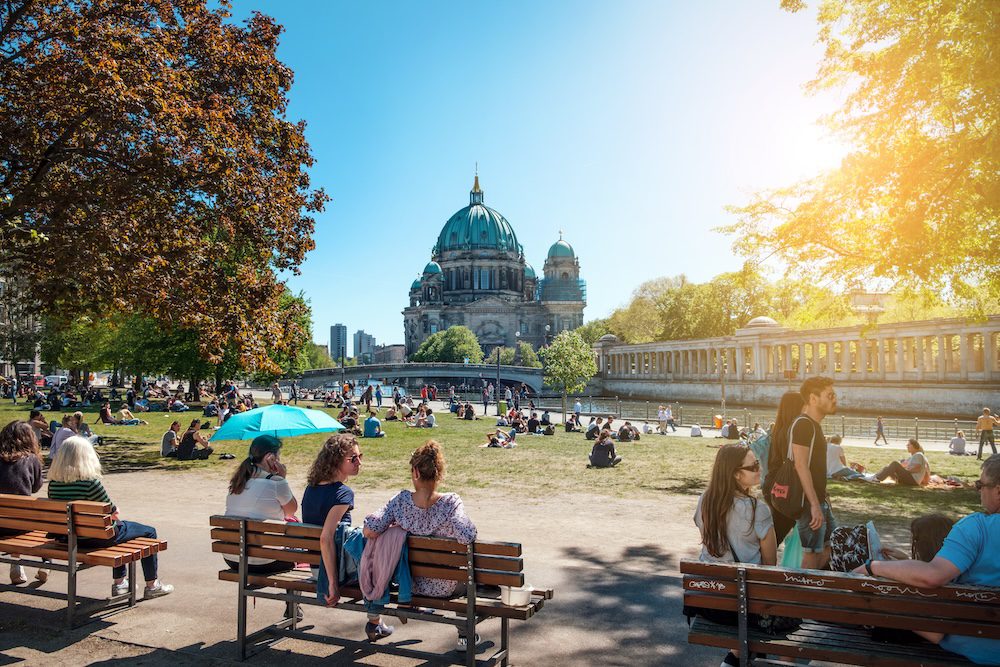
Befitting its unorthodoxy, Berlin isn’t full of conventional tourist attractions (could you name more than two?). But its tourist experiences are almost limitless. That’s largely why the city has such big ambitions – including for Australian visitors.
“We want to make it a habit, that if you travel to Europe, of course you go to Rome, or maybe Barcelona, London or Paris. But we want to see you in Berlin as well. That’s what we’re working for,” Kieker says.
While other major European cities hold their own allure, the Berliner says that “when you want to have cool, edgy Europe, you go to Berlin”.
“That’s a character of our city we maintain and develop.”
And indeed it has. According to Burkhard, there are almost 300 nightclubs in the city (with no curfews) and some 180 museums (although some reports put that figure at around 400).
“Many of them are really world-class, like Museum Island.”
At the other end of the scale, there are quirky museums too, like the Lipstick Museum, Hemp Museum and the International Spy Museum, where you can “jump over lasers, like in Ocean’s Eleven”. Because the German metropolis was the spy capital of the world during the Cold War, according to Kieker. Until recently there was even a Currywurst Museum.
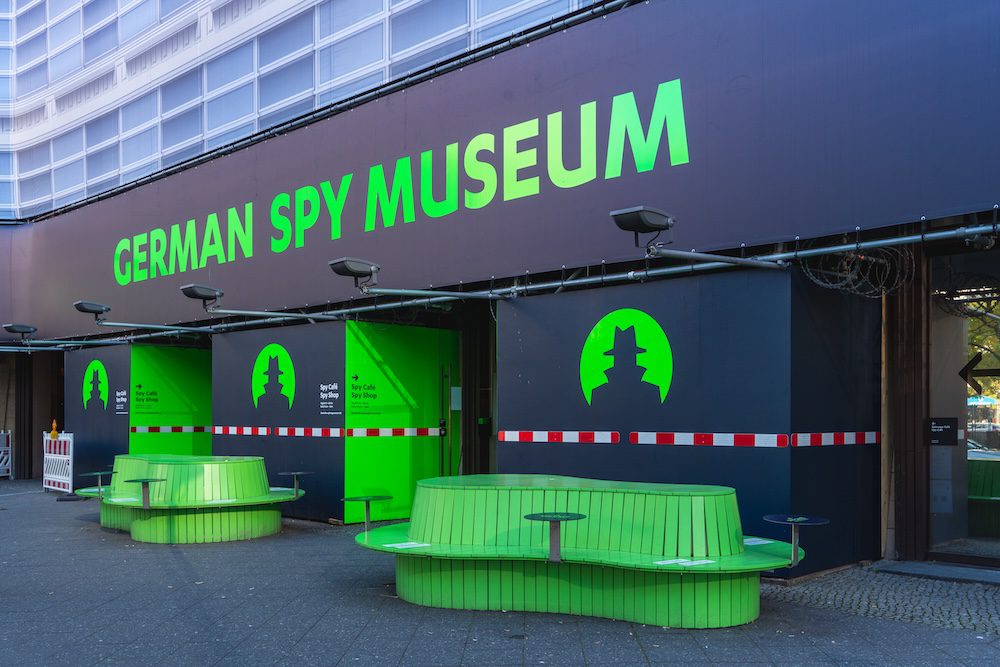
Meanwhile, there are three opera houses and seven symphony orchestras. And if you’re into fashion and art, “this is made in Berlin, at least for German people”, Burkhard says.
“There are a lot of little shops where designers sell their own things. So Berlin is not only Zara.”
It’s not just a concrete city either.
“Berlin, like Sydney, has lots of water; we have big lakes, two rivers flowing through the city,” Kieker says. “And many people want to explore Berlin by kayak or by boat. You can spend days on the water.”
Elsewhere, the former Tempelhof Airport has been transformed into a giant urban garden, where visitors can kite surf on runways, enjoy beautiful parklands or simply marvel at what was once the “second biggest building in the world”.
“It’s so big, we still don’t know every room. It has more than 12,000 rooms,” Kieker says of the historic former airport, which was an important facility for the Nazis during the Second World War.
“This is in the middle of Berlin – 400 hectares of this huge old airfield.”
Food and affordability
When it comes to food, Berlin rules – not just in Germany, but in all of Europe.
“Berlin has the most interesting gourmet scene right now in Europe, with a lot of adventurous cooks,” Kieker claims. This is something you’ll have to decide for yourself.
One certain thing, however, is the city’s affordability.
“What is really helping… is that a three or four-day stay in Berlin is still only 50-60 per cent of what you have to pay in London or Paris,” the Burkhard says.
“Berlin is still value for money, starting with the hotels. You can get a five-star-plus hotel below 300 euros. You can have a cappuccino for 2.50 euros.”
Its most popular tourist “attraction” doesn’t cost much either.
“When you look at our market research, what is the number one thing tourists do in Berlin? Watching Berliners,” Kieker explains.
People-watching aside, according to the CEO, seven out of 10 visitors to the city come for cultural reasons.
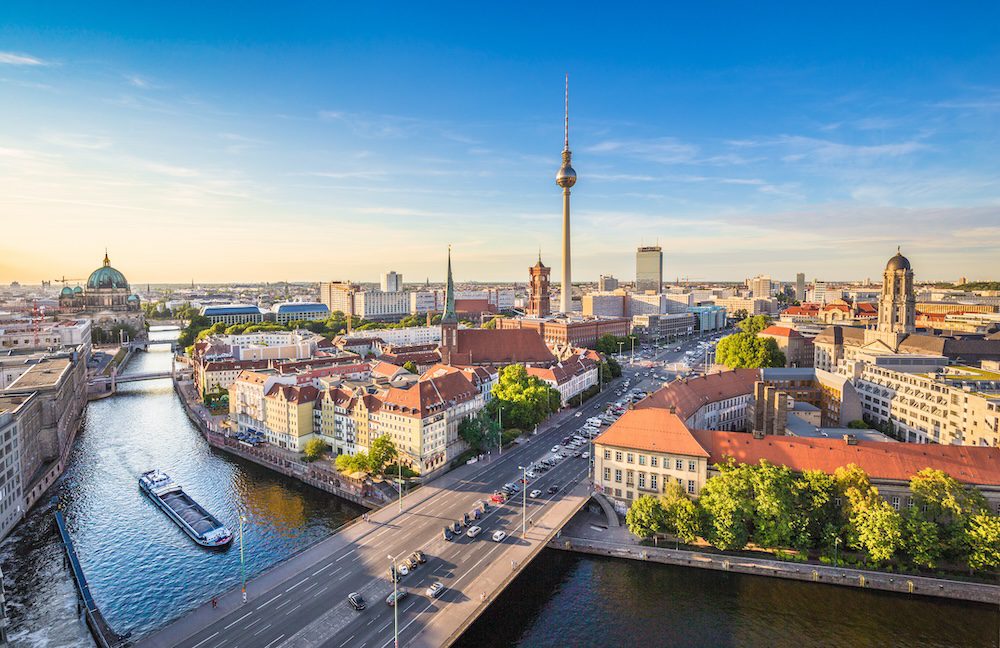
To help guide them through this, authorities introduced the city’s “Going Local” app, which allows visitors to create their own stays – beyond just taking in remnants of the Berlin Wall, the Reichstag and the Brandenburg Gate (which should still be seen).
“So if you want to explore things not on the first pages of Lonely Planet, you’ll find them here – like a 1,200 year-old oak tree,” Burkhard explains.
Or you can seek out settings from the film ‘Cabaret’ or even go looking for Hitler’s Bunker. Because, according to Kieker, Australians love history.
Football fever
Despite this grassroots type of tourism, the city has some massive mainstream events coming up, like the UEFA Euro 2024 for which it will host the final plus six other matches, and the 35th anniversary of the fall of the Berlin Wall, “which we always celebrate”. Others do too, with the German capital “always pulling more than 1 million people” each anniversary.
For Euro 2024, the city is building the world’s biggest football fan zone including a giant “goal” screen at the Brandenburg Gate.
The whole city is “under the reign of football for four weeks” just before the Olympics, Burkhard states.
Going green
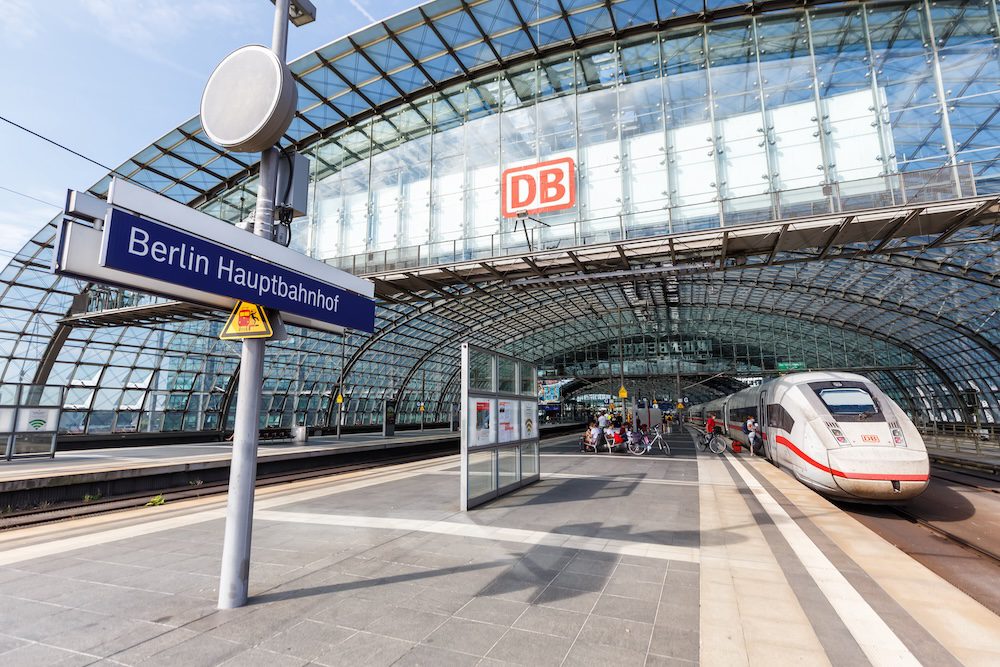
“Our sustainability program is quite simple: we want to make Berlin the most sustainable city and tourism destination in Europe by 2027.”
It’s an ambitious target, but it’s one Kieker believes the metropolis can achieve.
The city is already eco-certifying hotels and restaurants, cleaning up its MICE sector and fighting greenwashing.
It also accommodates more high-speed trains than any other city in Europe – with up to 180 departures every day.
Back to business
Kieker says the city is the third most-visited in Europe after London and Paris, overtaking Rome some 15 years ago. It’s also recovered around 93 per cent of pre-COVID visitor numbers.
And Berlin’s tourism boss suggests Australians spend at least five nights in the capital to do a “deep dive” into the city’s experiences.
“If you want to arrive in Berlin with your soul, five nights.”
And when you leave, your soul will be full… with laughter too.
For more information on Visit Berlin, click here.


